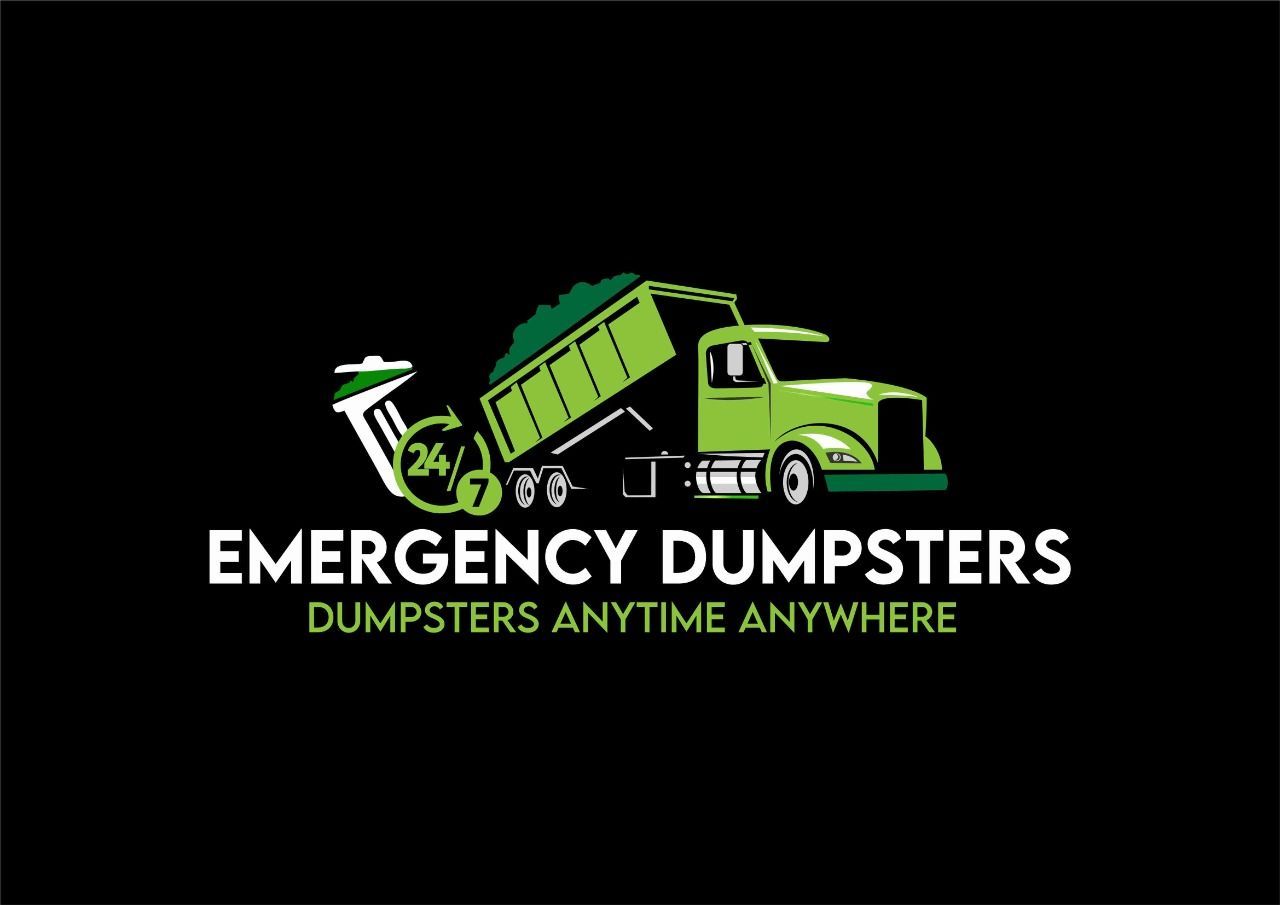While roll-off dumpsters are ideal for disposing of construction debris and household waste, they are only sometimes suitable for organic materials. Here's what you should know:
Yard Waste: Grass clippings, leaves, and branches should not be mixed with other debris in a roll-off dumpster. Many communities offer yard waste collection programs or composting facilities for proper disposal.
Food Scraps: Food waste can attract pests and create unpleasant odors. Instead of putting food scraps in a roll-off dumpster, consider composting them or using your regular trash collection service.
Handling Vehicle-Related Waste
Roll-off dumpsters are not designed to handle certain automotive parts and materials, including:
Tires can cause problems at landfills and are often prohibited from roll-off dumpster disposal. However, many tire retailers and recycling centers will accept used tires for a small fee.
Engines and Transmissions: Due to their weight and the presence of oil and other fluids, engines, and transmissions should not be placed in a roll-off dumpster. Instead, contact a local scrapyard or auto parts recycler to dispose of these items properly.
Automotive Fluids: Oil, antifreeze, and other automotive fluids can contaminate the environment if disposed of incorrectly. Many auto parts stores and recycling centers offer fluid recycling services.


